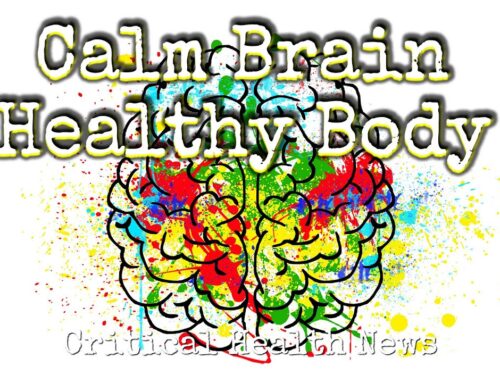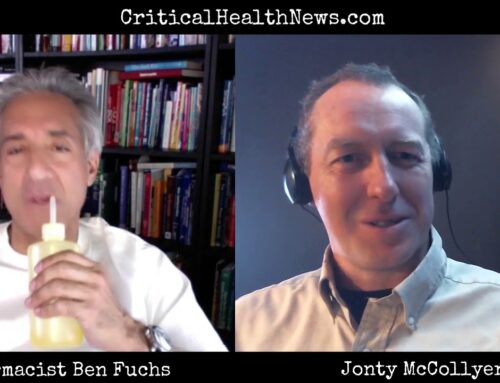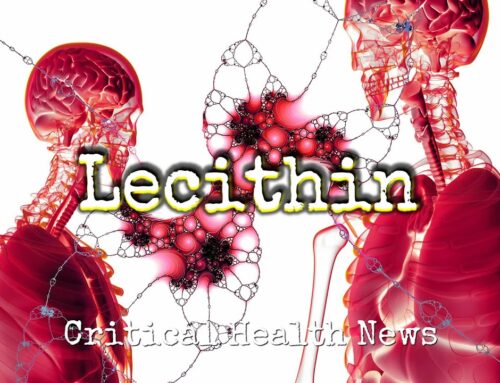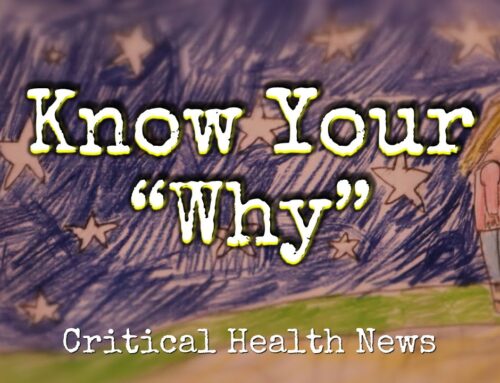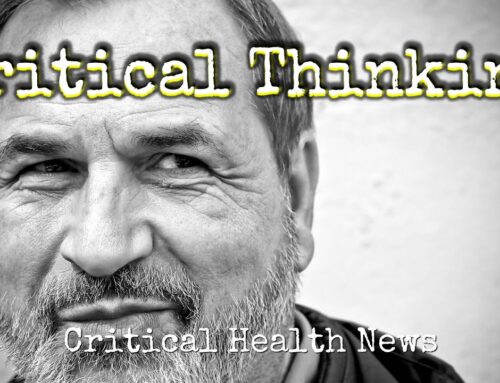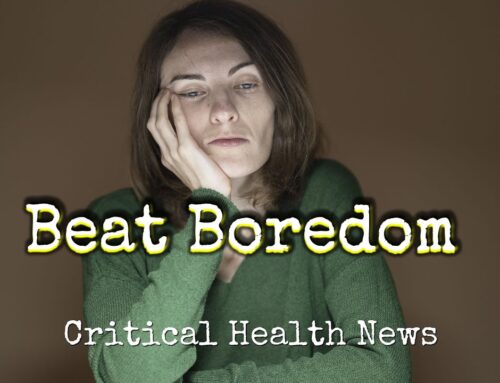Alzheimer’s disease is officially a public health crisis. According to the United States Department of Health, it affects over 10% of all adults over the age of 65 and 33 percent of those over 85, two-thirds of them women. All that illness doesn’t come cheap. Last year 200 billion dollars was spent on the disease and over the next 30 years it’s expected to cost over 20 trillion more. Worst of all, despite decades and dollars spent on finding cures, i.e. drugs, as well as preventive vaccinations, exactly zero effective medical strategies have been developed to address the problem.
Still, while it’s unlikely that we’ll ever reverse or prevent Alzheimer’s with a prescription, there are things we can do on our own. One of the simplest and most important of brain health strategies is simply to eat less. Individuals with dementia tend to ingest more calories and reduced caloric intake enhances the brain’s capacity for learning and repair. Use nutritional supplements, especially brain supporting omega-3s, fatty vitamins An D and E, selenium and zinc. And go ketogenic. Enjoy more eggs, fish, butter and soups. Fresh vegetable juices can make it easier to cut daily calories without a struggle.

